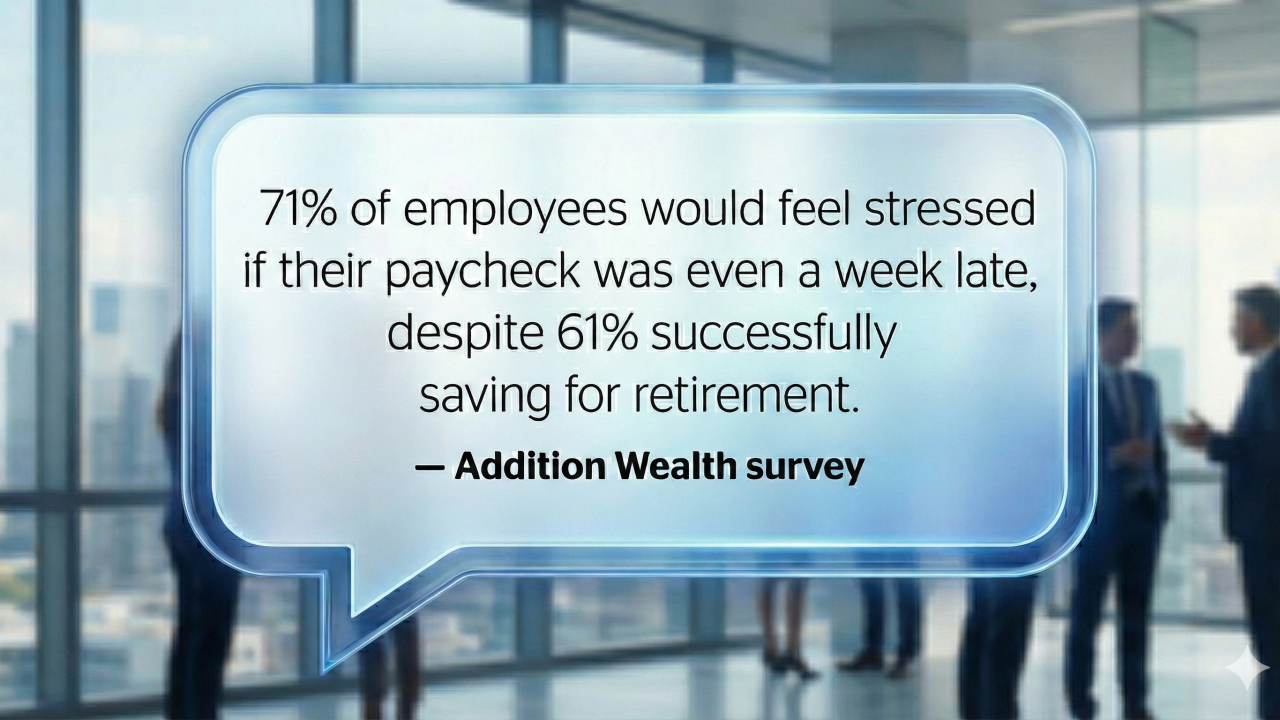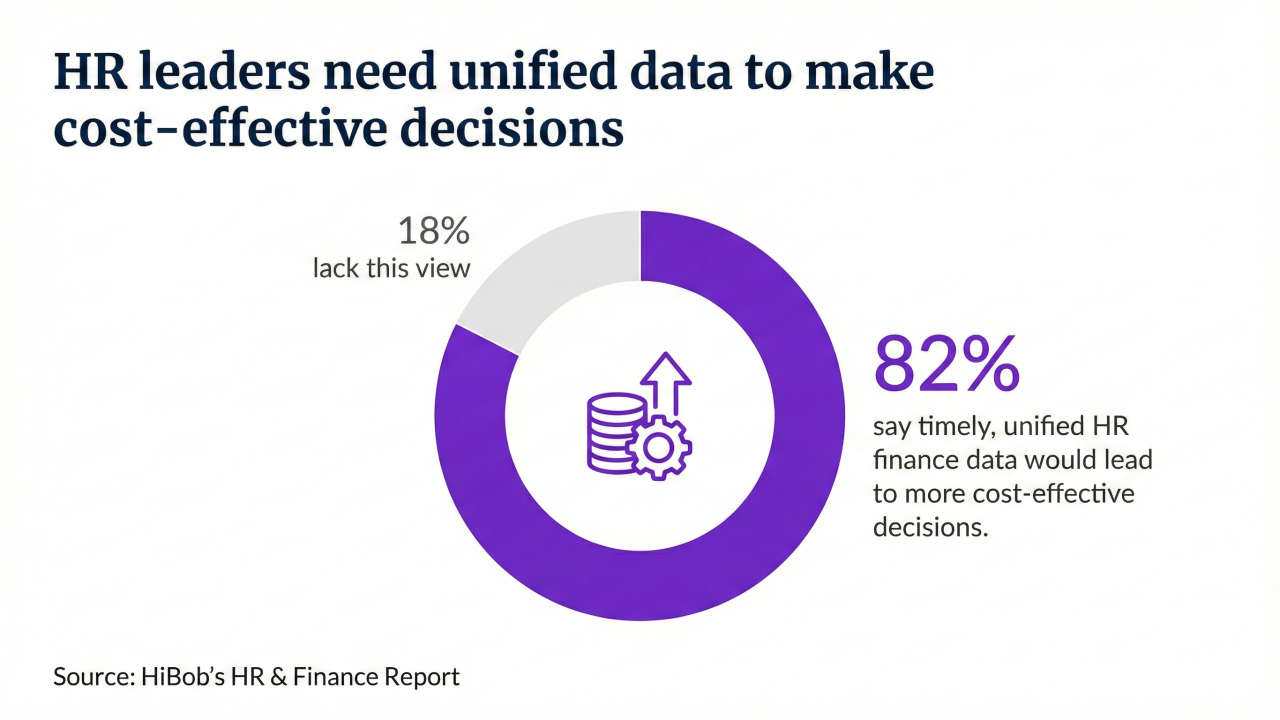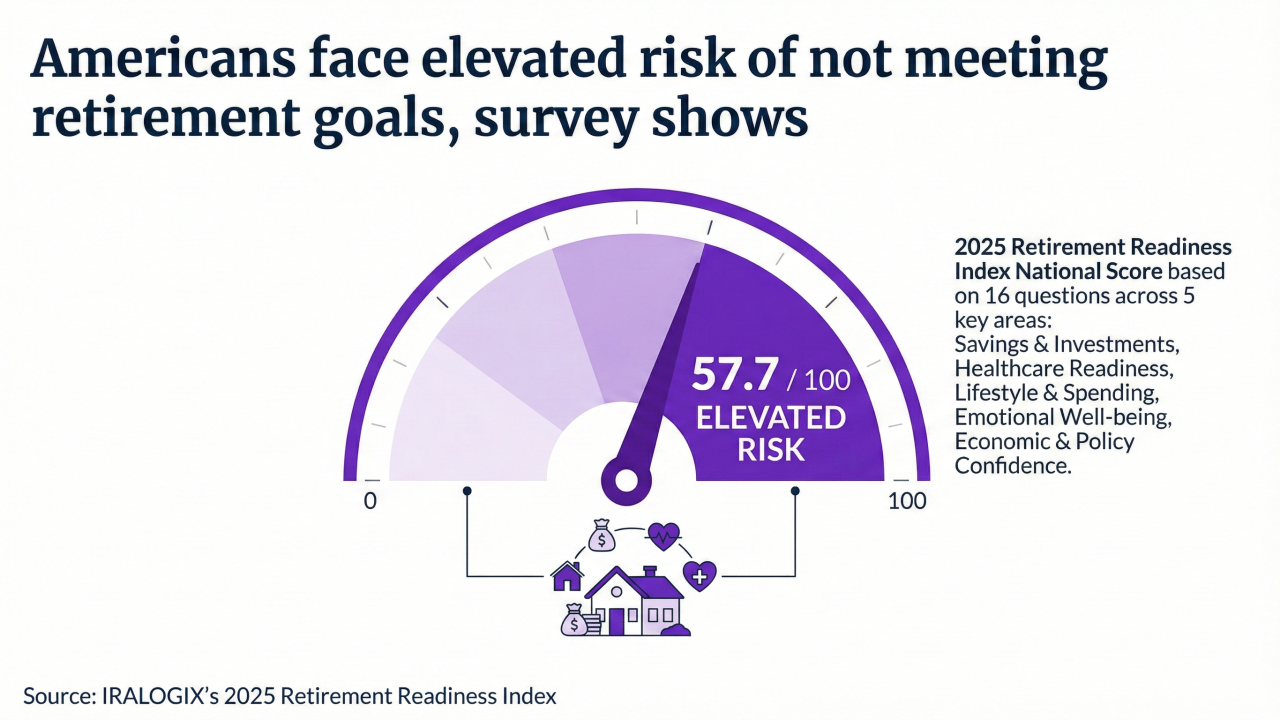It’s rare that anything related to the benefits industry becomes embroiled in a scandal. It’s also uncommon for benefits-related research to be called into question.
However, today, I offer you two common clichés:
1. There’s a first time for everything.
2. There are lies, damn lies and statistics.
Here’s the scoop. Last week, consulting firm McKinsey released the findings of a report that revealed some
The scandal isn’t in the fact that McKinsey’s findings run counter to
According to reporting from D.C.-based online outlet
This, from internal sources at McKinsey itself, TPM reports.
Obviously, rather than let an anonymous source set the record, McKinsey released the survey materials and methodology to clear things up, right? Wrong. A McKinsey spokesperson told TPM that the survey materials are proprietary and thus won’t be released and will allow the poll to “speak for itself.”
This whole business is a good reminder that controversy isn’t limited to celebrities and members of Congress, and that statistics can be slippery.
What do you think? Were you wary of the McKinsey data from the start? Does the controversy change your mind at all about the survey’s validity? Or, does the whole situation not amount to a hill of beans? Share your thoughts in the comments.
UPDATE: After repeatedly refusing to comment on the controversy surrounding the survey, McKinsey issued a statement on June 20 defending its methodology and saying comparing the results to other research on the topic is unfair.
"Comparing the McKinsey survey to economic estimates, such as the CBO's, is comparing apples to oranges," McKinsey said. "We understand how the language in the article could lead the reader to think the research was a prediction, but it is not."
Click





